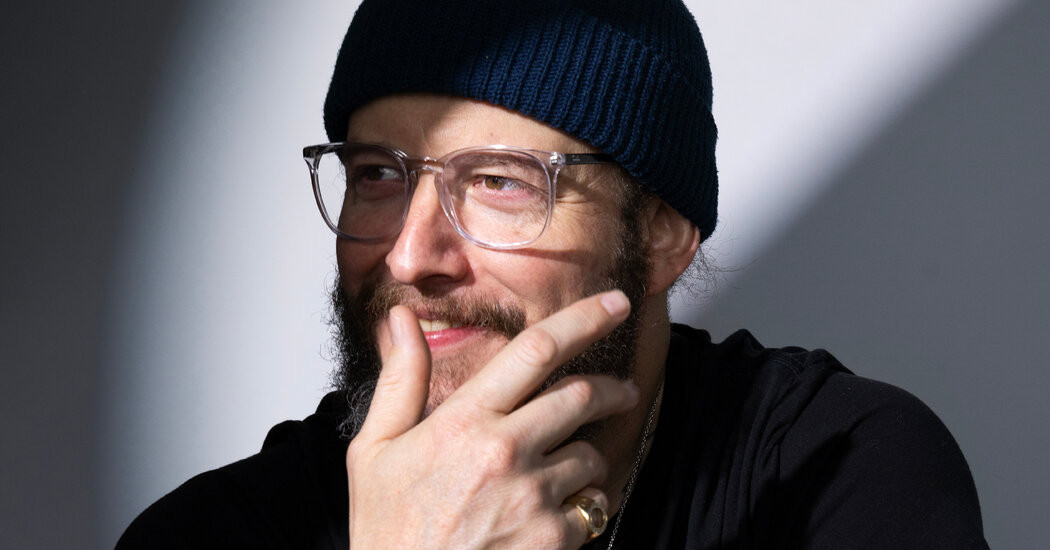

What you notice right away on “Sable, Fable,” Bon Iver’s fifth studio album and first since 2019, is its directness, its brightness and, in some places, its lust. Justin Vernon — the band’s frontman and creative engine — is singing more directly than ever before, and the production captures hope, thrills and a kind of unselfconscious exultation.
These have not typically been hallmarks of Bon Iver albums, known as elegant but abstract statements of emotional claustrophobia and fantastical catharsis. They have made Vernon, 43, a much-lauded folk mystic, and also an in-demand collaborator for in-the-know superstars — including Kanye West (now Ye), Taylor Swift, Charli XCX and Zach Bryan.
But those same qualities have also pigeonholed Vernon and his music as vessels for pain and anxiety — his own and, as it turned out, a lot of other people’s as well.
Eventually, the weight of that burden became overwhelming. “I think there was a good 10 years where it felt like somebody had a boot on my chest from before I woke up until after I fell asleep,” Vernon told Jon Caramanica and Joe Coscarelli in a recent interview on Popcast, The New York Times’s music podcast.
During the pandemic, Vernon began reckoning with the fact that Bon Iver — as acclaimed, popular and crucial to his social ties as it had become — might have been keeping him down as a person.
So he made some changes: He wound down Bon Iver as a touring outfit; he quit smoking cigarettes (after a five-day rehab); and he began spending time away from his Wisconsin home, in Los Angeles, with no agenda other than to decompress.